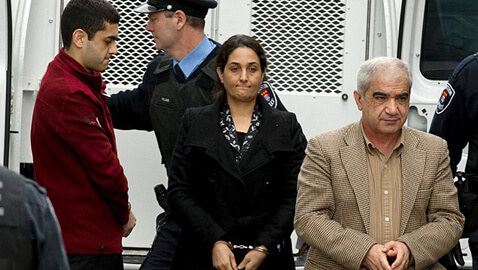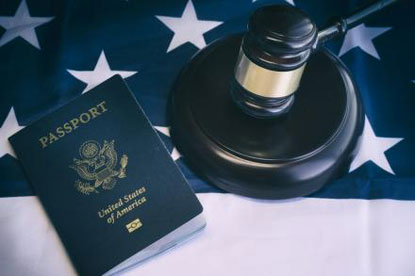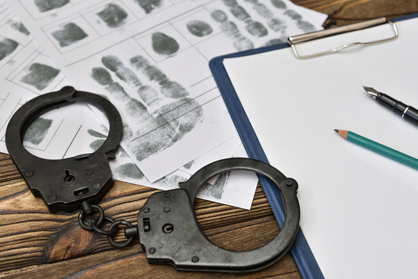
The three continue to claim their innocence. They have been found guilty on four counts of first-degree murder, which means that they automatically get a life sentence with no parole for 25 years. Mohammed’s first wife, Amir Mohammad, 52, was killed along with his three daughters Zainab, 19, Sahar 17, and Geeti, 13, in June 2009.
Their bodies were found on June 30, 2009 in a car that was submerged in a canal in Kingston, Ontario. The Afghan-Canadian family was in turmoil over the father’s anger at his daughters’ westernized behavior and their decision to have boyfriends.
Prosecutors in the case said that Mohammed and his accomplices were driven by a “twisted concept of honor” and that the murders were premeditated and carried out in cold blood. They also said that there was enough evidence to show that the Shafias made the murders look like accidents.
One of the most publicized cases in Canada in the last two years, the most shocking part for Canadians was when the wire-tapping tapes were made public. The Shafias were under surveillance by the police who recorded their phone conversations.
In the tapes, Mohammed Shafia is on record saying to Tooba and Hamed “May the devil [defecate] on their graves. Is that what a daughter should be? Would [a daughter] be such a whore?” The other excerpt which was widely quoted in the media was Mohammed saying to Tooba, “You did well. Would that they come back to life a hundred times for you to do the same again.”
But the defense lawyers say that the tapes do not prove that the women were murdered and stuck to the story that one of the daughters took the car for a joyride with the others and they had an accident. Peter Kemp, the Shafia’s lawyer said that it was these tapes that weighed more on the jury’s mind than the actual physical evidence.







































